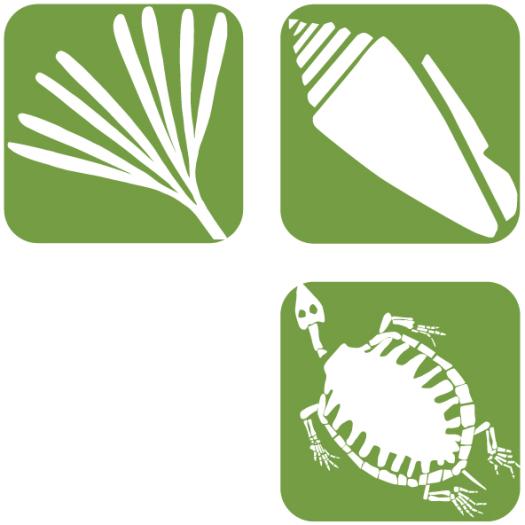Le cartilage calcifié : une nouvelle archive de choix pour l’ADN ancien? | Alida Bailleul


La prochaine séance de séminaire aura lieu le lundi 3 octobre de 13h à 14h en visioconférence sur Zoom.
Cartilage is the oldest vertebrate tissue on earth, occurring even before bone during evolution hundreds of millions of years ago. Cartilage is not very abundant in the skeleton of adult vertebrates, which is why bone has been used as the preferred substrate for ancient DNA (aDNA) analyses since the beginning of the field of ancient DNA. A few characteristics of calcified cartilage however suggest that it may in fact be more prone to cellular and biomolecule (aDNA) preservation than bone. This includes details about its tissue architecture (e.g., avascularity) and the metabolism of its cells. In this presentation, I will discuss these characteristics and show how some of my hypotheses may be tested with experimental taphonomy, DNA sequencing and DNA staining in fossil bone and cartilage. This type of research has the potential to contribute to a better understanding of DNA preservation in ancient tissues, improve sampling for aDNA analyses, push the current limits of aDNA sequencing, and also help us understand DNA staining in Cenozoic and Mesozoic cells that are way older than the limit of aDNA sequencing, currently set at ~ 1.65 millions of years ago.
Pour obtenir le lien de connexion, contacter Jérémie Bardin



